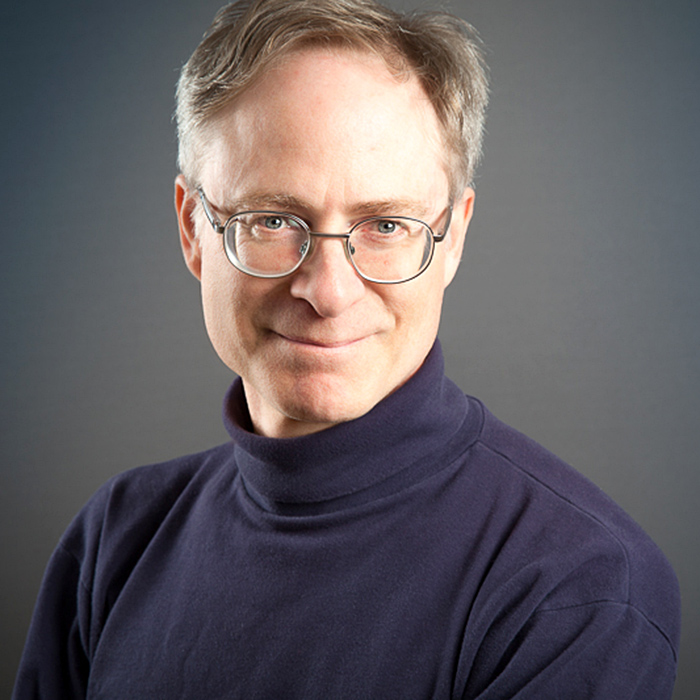Developing new theories and methods to allow us to study the motion of molecules and chemical reactions: this research may lead to new life-saving drugs, better energy-storage devices, and new solutions to global warming, while also training researchers in advanced computational science techniques.

Tier 1
Why everything works: shining a light on molecular processes
When you swallow a life-saving drug or recharge your iPod’s battery, you rarely think about the atoms and molecules that allow these things to work: all you care about is that they do. But, in order for everything from pharmaceutical drugs to energy-storage devices to work, very important things have to happen at the sub-microscopic level. For these devices to work even better in the future, we need to understand what is happening inside them, at the smallest possible level.
As Canada Research Chair in Computational Chemical Dynamics, Dr. Tucker Carrington is working to understand these almost impossibly small processes, with the goal of improving the efficiency of thousands of everyday devices.
The motion of atoms and molecules determines many things, including the rate of chemical relations, how energy gets transferred among molecules, and how molecules and atoms respond to light. This last interaction with light is particularly important: understanding how light interacts with molecules allows us to determine the size, shape and stiffness of those molecules. Only once we determine these basic facts can we really advance our understanding of the motion of atoms and molecules.
This motion and these interactions are guided by the rules of quantum mechanics, laws of physics so complex that the most powerful computers have trouble solving the associated equations, and the most powerful minds have trouble explaining the science in a way that non-specialists can understand.
By developing new computational techniques, Carrington will make it possible to study bigger and more complex molecular systems. This research is a crucial step toward understanding why many of the devices we use actually work, and how they can be improved. This understanding will revolutionize everything from drug design to renewable energy, paving the way for countless advances in the quality — and length — of life.